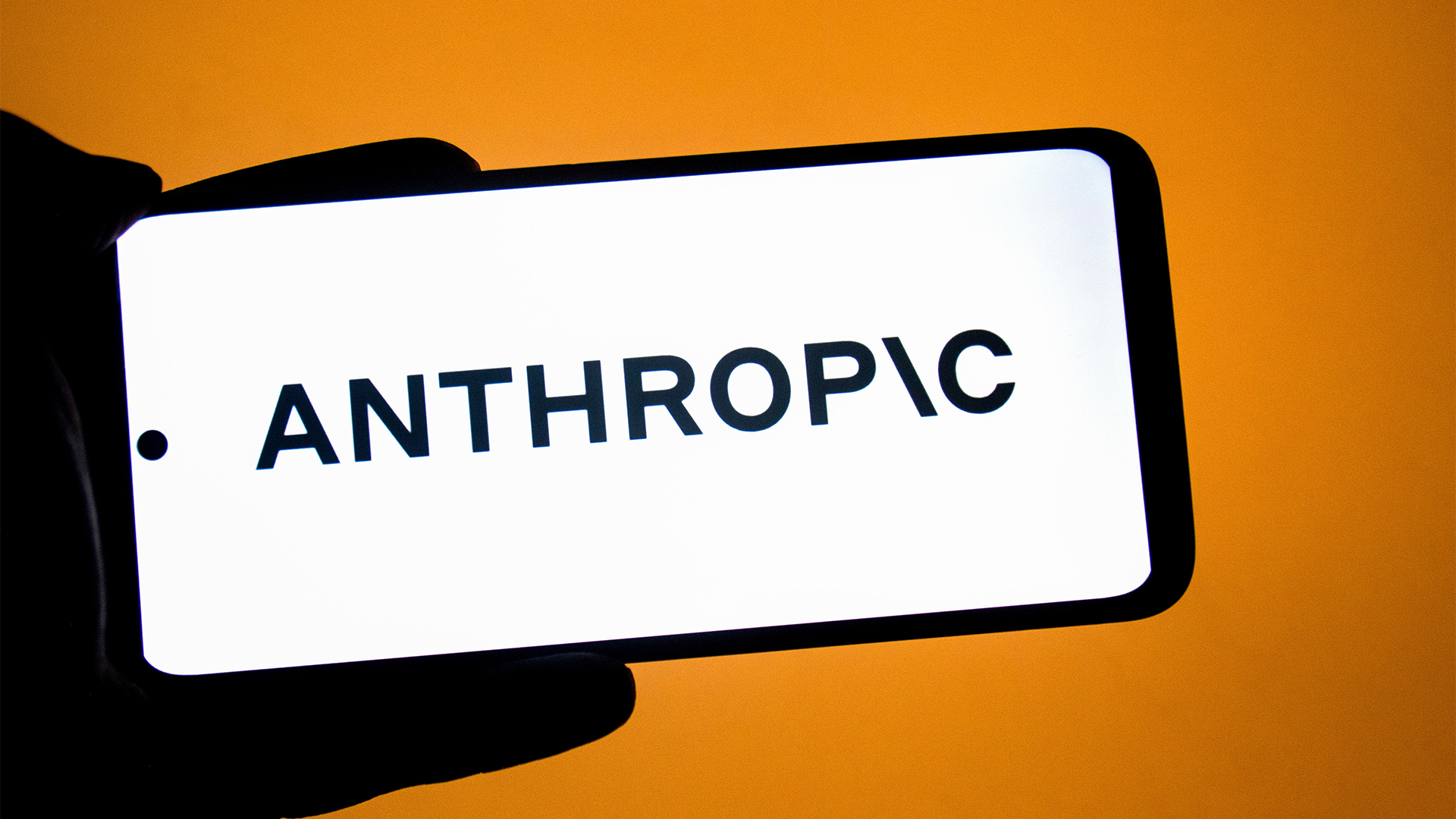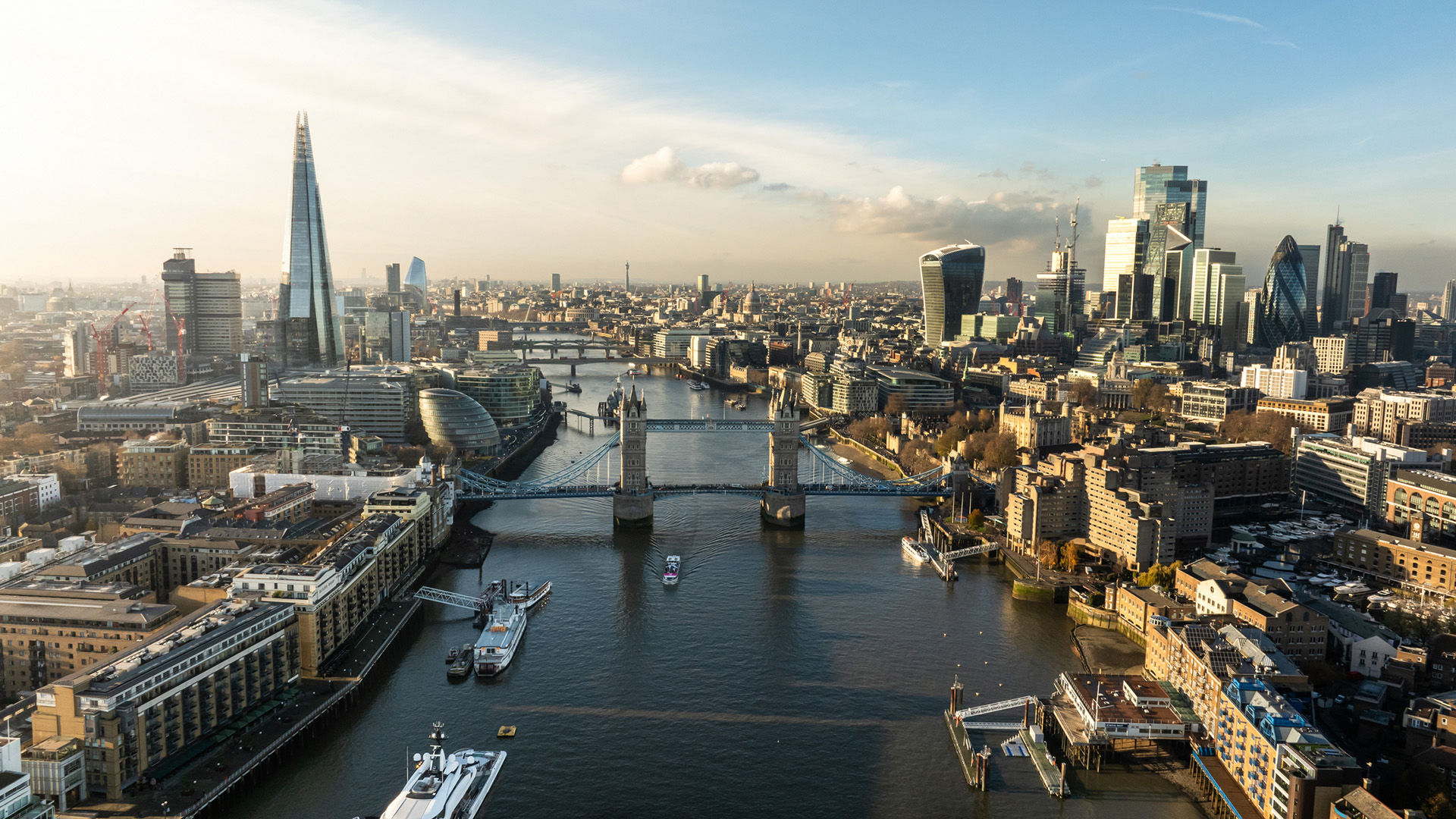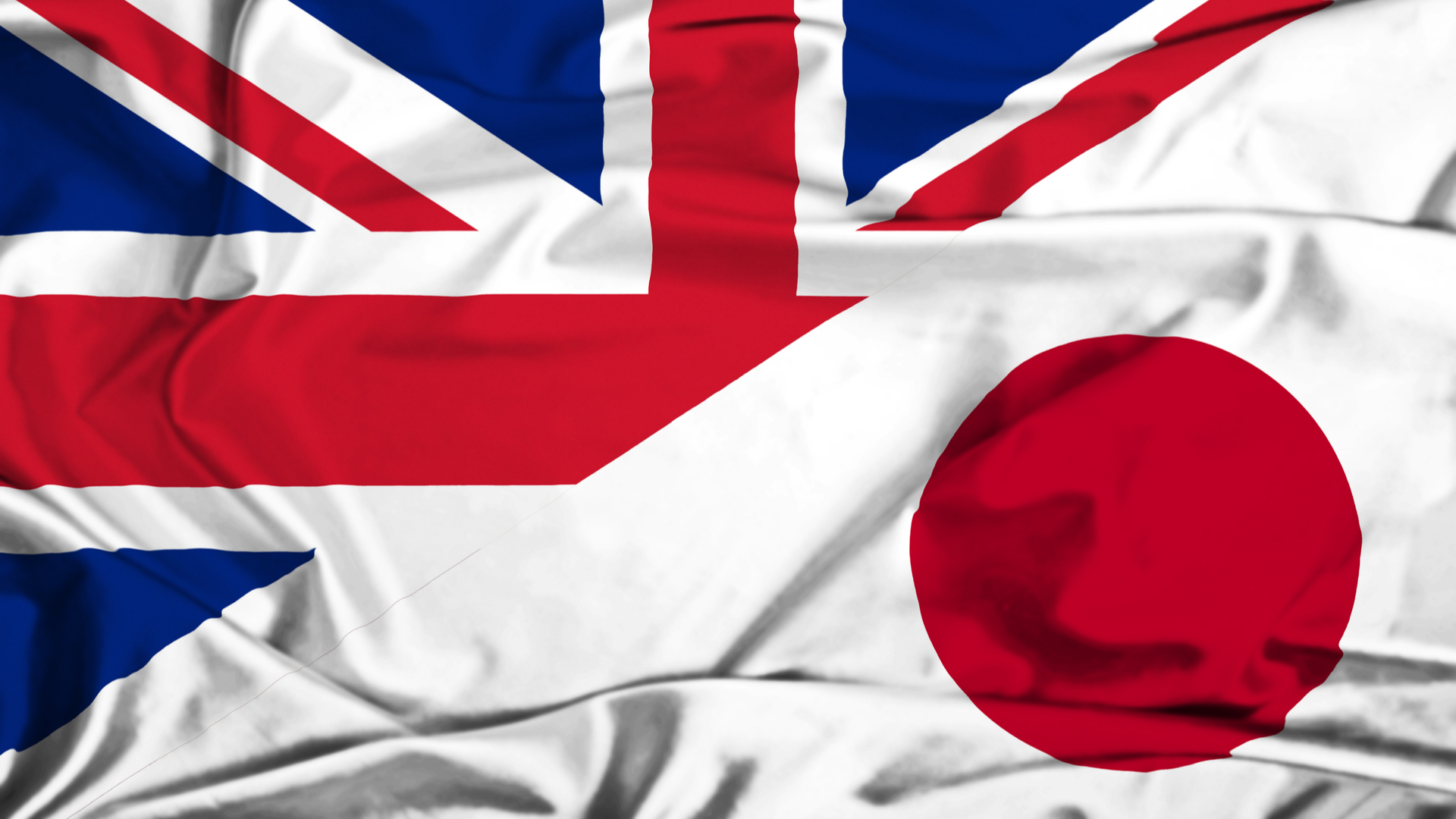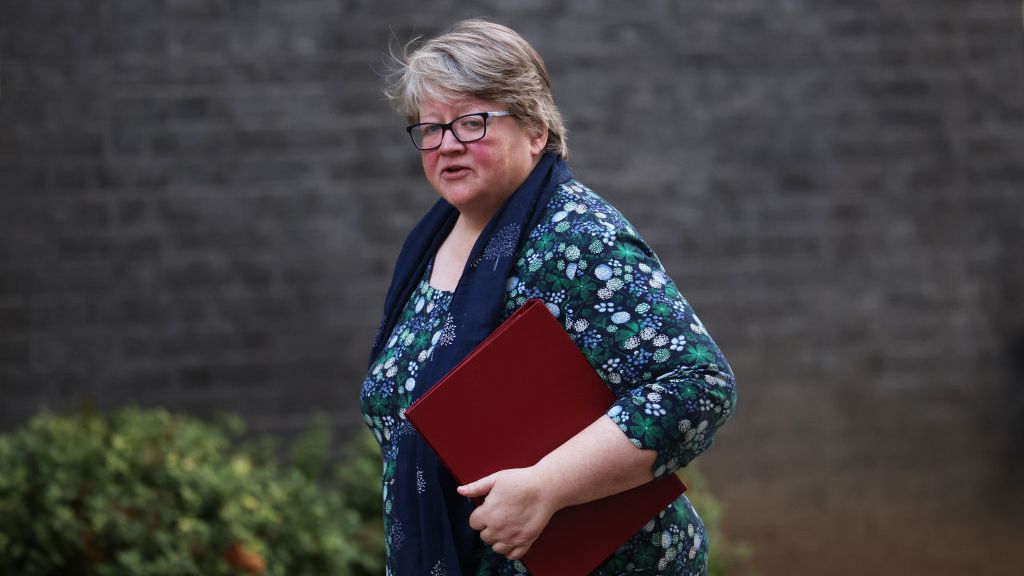UK government puts Online Safety Bill 'on ice'
Delaying the third reading until the autumn gives the next prime minister and digital secretary a chance to revise, or throw out, the legislation


Sign up today and you will receive a free copy of our Future Focus 2025 report - the leading guidance on AI, cybersecurity and other IT challenges as per 700+ senior executives
You are now subscribed
Your newsletter sign-up was successful
The contentious Online Safety Bill has been delayed by the government as a result of the inner turmoil in the Conservative party.
Its third reading in the House of Commons was due to take place next Wednesday, but this crucial stage has been pushed back to at least the autumn. The leader of the House of Commons Mark Spencer published next week’s schedule ahead of parliament's summer recess without a mention of the bill. Instead of debating the Online Safety Bill, the government has tabled a motion of no confidence in itself, alongside a debate around the Northern Ireland protocol bill.
This could potentially kill off the legislation, as its passage through parliament will be overseen by a new prime minister and perhaps a new secretary of state for digital, culture, media and sport (DCMS), both of whom may not support the bill in its current form.
The legislation is highly contentious not only because it raises the prospect of banning legal, albeit harmful, content, but also because it compels prominent players in the tech industry to implement sweeping changes across their platforms. The most recent amendment, for example, compels tech companies and messaging services to either develop or acquire technology that automatically scans messages for content that's deemed harmful.
Potential Tory leader candidate Kemi Badenoch commented on the matter on Twitter, calling it the right move and underlining that the bill is in no fit state to become law.
“If I’m elected Prime Minister I will ensure the bill doesn’t overreach. We should not be legislating for hurt feelings,” she said.
In response, Nadine Dorries, the current DCMS secretary replied: “Which part of the bill legislates for hurt feelings, Kemi?” on Twitter.
Sign up today and you will receive a free copy of our Future Focus 2025 report - the leading guidance on AI, cybersecurity and other IT challenges as per 700+ senior executives
“The Online Safety Bill is fundamentally misconceived. It holds out the threat that our social media posts will be removed and censored, and goes to the heart of our basic right to express our opinions online, and to hear the opinions of others,” said Monica Horten, free expression policy manager of the Open Rights Group.
Horten added the campaign website belonging to Penny Mordaunt, another Tory leader candidate, is being listed as unsafe for children and blocked by customers of some broadband providers, using their filters, which shows what can and will go wrong.
“As it stands, the bill would mean everyone’s social media posts are monitored in case they are ‘harmful’ or illegal, and even private messages could be scanned,” explained Horten. “What is ‘harmful’ will be decided by government ministers behind closed doors. While the motivations may be good, the result is bad for free speech. MPs now have a chance for a rethink, which is long overdue, if we want to protect our free society from arbitrary censorship and mass surveillance.”
In January, a DCMS committee report outlined that the Online Safety Bill fails to tackle child abuse and violence against women and girls. The committee called on MPs to address the issues in the bill, and described the draft legislation in its form as a “missed opportunity”.
Zach Marzouk is a former ITPro, CloudPro, and ChannelPro staff writer, covering topics like security, privacy, worker rights, and startups, primarily in the Asia Pacific and the US regions. Zach joined ITPro in 2017 where he was introduced to the world of B2B technology as a junior staff writer, before he returned to Argentina in 2018, working in communications and as a copywriter. In 2021, he made his way back to ITPro as a staff writer during the pandemic, before joining the world of freelance in 2022.
-
 Why Anthropic sent software stocks into freefall
Why Anthropic sent software stocks into freefallNews Anthropic's sector-specific plugins for Claude Cowork have investors worried about disruption to software and services companies
-
 Dell Technologies eyes fresh market opportunities with 2026 partner program
Dell Technologies eyes fresh market opportunities with 2026 partner programNews The tech giant has updated its channel program with new incentives and initiatives to drive partner growth
-
 ‘Hugely significant’: Experts welcome UK government plans to back down in Apple encryption battle – but it’s not quite over yet
‘Hugely significant’: Experts welcome UK government plans to back down in Apple encryption battle – but it’s not quite over yetNews Tulsi Gabbard, US director of national intelligence, has confirmed the UK plans to back down on plans that would see Apple forced to create a "back door" for authorities.
-
 ‘A huge national security risk’: Thousands of government laptops, tablets, and phones are missing and nowhere to be found
‘A huge national security risk’: Thousands of government laptops, tablets, and phones are missing and nowhere to be foundNews A freedom of information disclosure shows more than 2,000 government-issued phones, tablets, and laptops have been lost or stolen, prompting huge cybersecurity concerns.
-
 The UK cybersecurity sector is worth over £13 billion, but experts say there’s huge untapped potential if it can overcome these hurdles
The UK cybersecurity sector is worth over £13 billion, but experts say there’s huge untapped potential if it can overcome these hurdlesAnalysis A new report released by the DSIT revealed the UK’s cybersecurity sector generated £13.2 billion over the last year
-
 "Thinly spread": Questions raised over UK government’s latest cyber funding scheme
"Thinly spread": Questions raised over UK government’s latest cyber funding schemeThe funding will go towards bolstering cyber skills, though some industry experts have questioned the size of the price tag
-
 Threat of cyber attacks to national security compared to that of chemical weapons
Threat of cyber attacks to national security compared to that of chemical weaponsNews The UK government has raised the threat level posed by cyber attacks, deeming it greater on average than an event such as the Salisbury poisoning
-
 2022 Public Sector Identity Index Report
2022 Public Sector Identity Index ReportWhitepaper UK Report
-
 UK and Japan strike digital partnership to collaborate on IoT security, semiconductors
UK and Japan strike digital partnership to collaborate on IoT security, semiconductorsNews The two countries are also set to align their approaches to digital regulation to make it easier for companies to operate in each nation
-
 Defra's legacy software problem 'threatens' UK gov cyber security until 2030
Defra's legacy software problem 'threatens' UK gov cyber security until 2030News The department spends over two-thirds of its digital budget on maintaining the risky applications, with no plan in place for a fix within the decade
